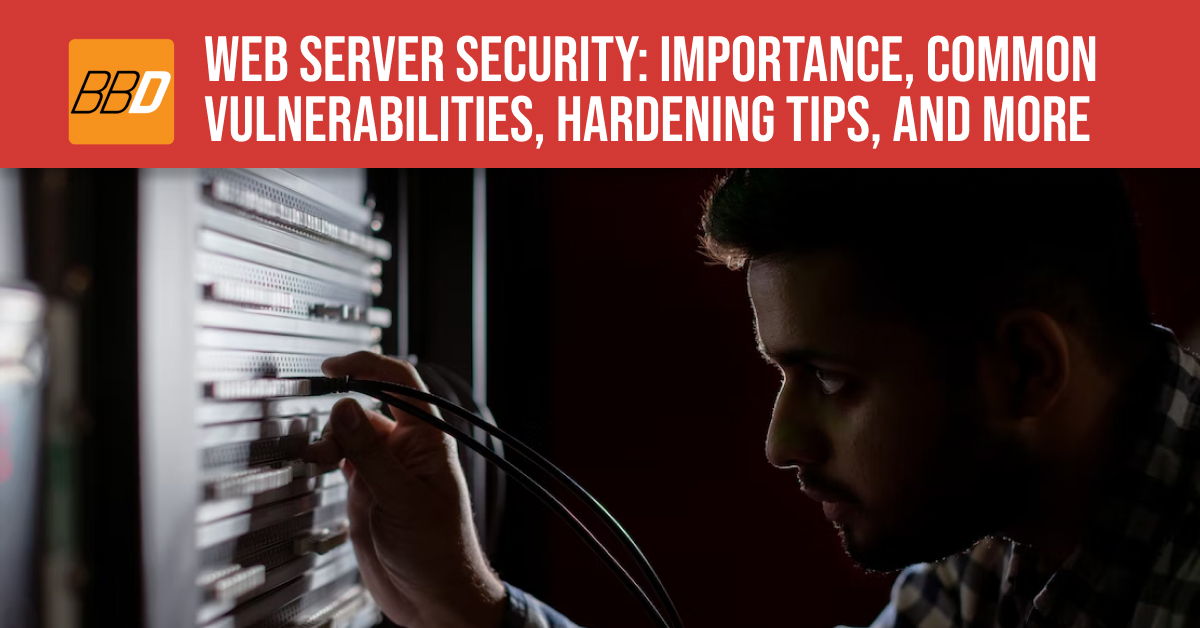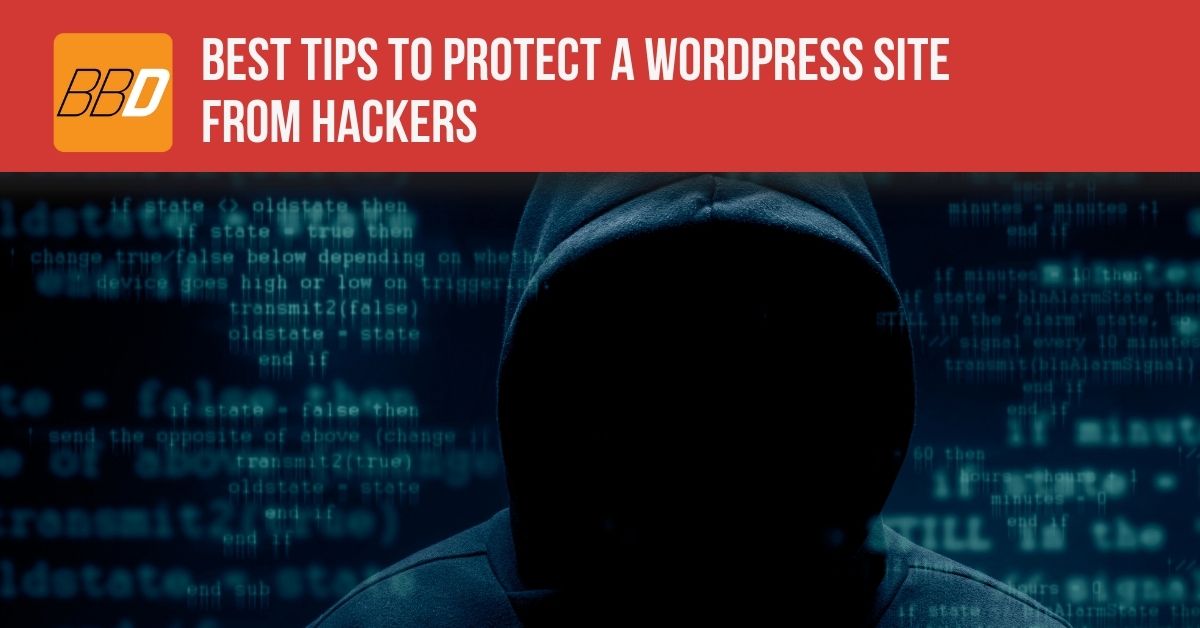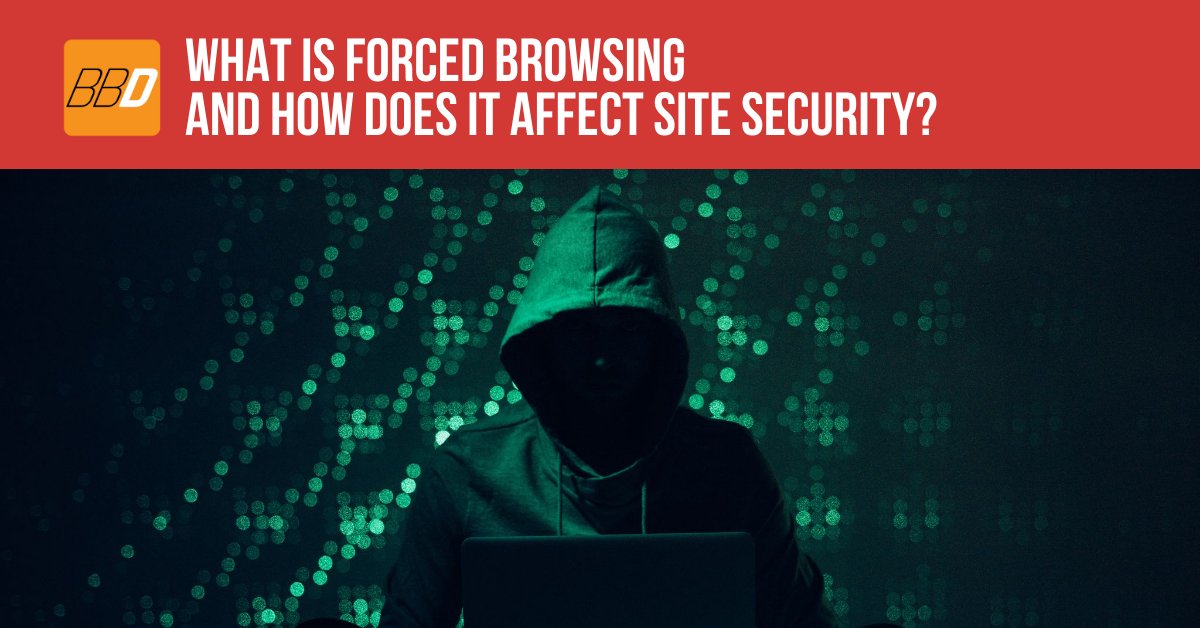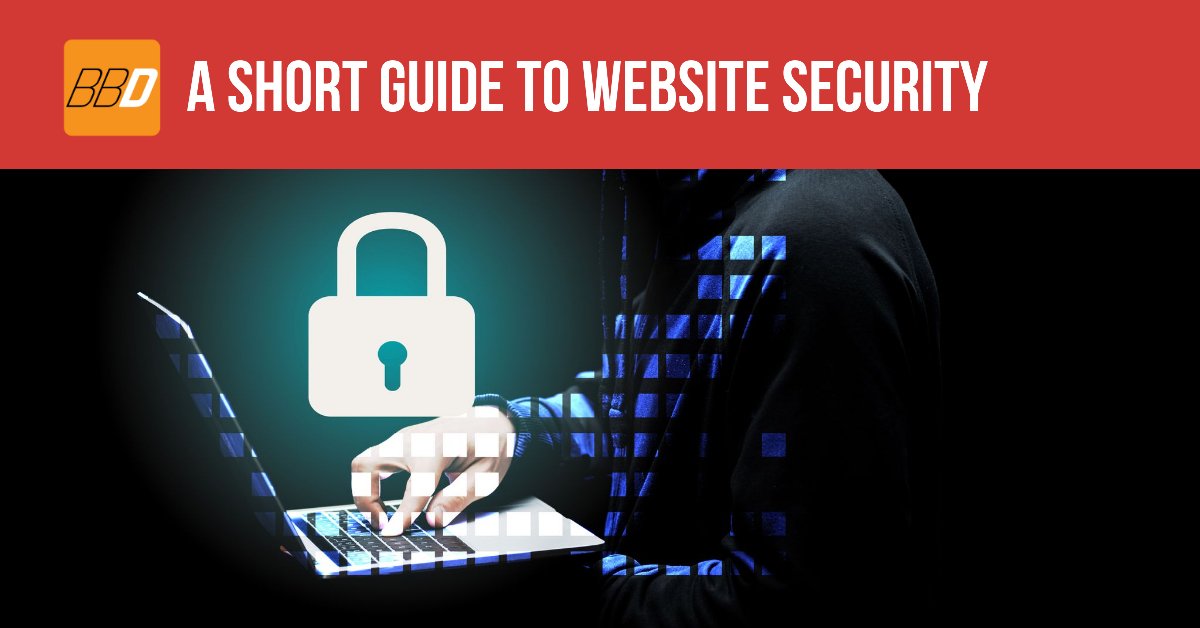The simplest approaches to protect your website are often the most effective. Keeping your website safe from hackers is a simple task, but once you get into the rat hole of website flaws, you’ll be confronted with complicated concepts and convoluted remedies. Even yet, there are a few fundamental guidelines to follow in order to enhance the safety of your website. In order to keep your website safe, follow these simple steps right now:
Use Passwords That Are Hard To Guess

When you’re generating a new password, there are useful online tools that can tell you how secure it is. The simplest and easiest strategy to safeguard your website is to ensure that you have a very strong password with a range of letter lengths and symbols in it and to change it frequently.
Hiring a Security Professional
When it comes to securing your website, establishing a partnership with a security agency might be a lifesaver. There are various security precautions that should be managed by a professional, even if you can manage some of them yourself.
There are security service providers who can scan your website for flaws on a regular basis, run thorough security audits, keep an eye out for criminal behaviour, and correct any issues that arise. When it comes to securing your online presence, these practical recommendations are only the beginning. Never stop looking for ways to make your website more secure. Do not allow the wicked people to triumph over you.
A Secure Host Is Recommended
Website security is dependent on choosing a reliable and secure web hosting business. Your website’s security should be a top priority for your web host. In the event that your website is compromised, you should be able to easily recover your data from a backup that your host maintains on a separate server.
Select a web host that provides round-the-clock technical assistance. This way, your customers can rest easy knowing that their data is safe and sound with commonplaces.
Ensure That Your Software Is Current
All platforms and scripts you’ve installed must be kept up-to-date. Popular online software is frequently targeted by hackers, and the applications must be updated to fix security weaknesses. Every piece of software you use should be maintained and updated.
The Password Policy Should Be Enforced Strongly
Weak passwords should never be used. Hackers routinely employ brute-force password cracking tools. If you want to defend yourself from brute force attacks, you should use passwords that are difficult to guess.
It is recommended that you use passwords with a minimum of 10 characters. This password policy must be followed by everyone in your company.
Encrypt Your Login Pages
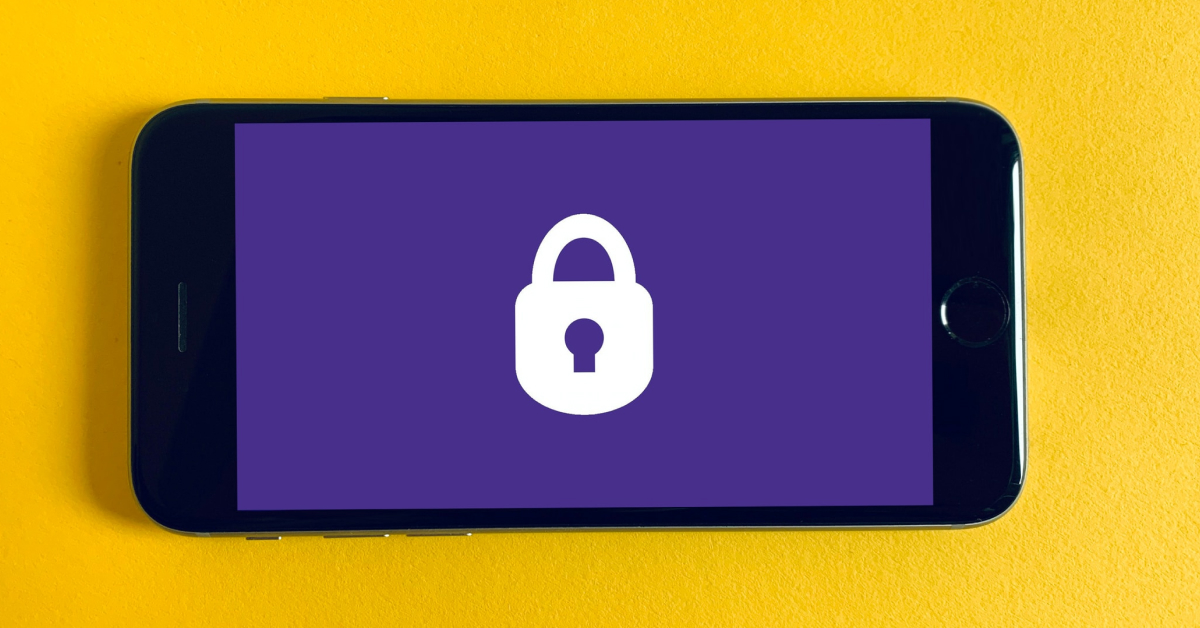
Login pages should be protected by SSL encryption. A secure socket layer (SSL) encrypts sensitive information, such as bank account numbers, personal data, and login passwords, before they are transferred. An encrypted page means that any third party that intercepts the information is unable to decipher it. This is a good way to keep hackers out of your login information and other sensitive information.
Back-Up Your Information
Keep your site backed up often. In the event that your website is unavailable or your data is destroyed, you should save a copy of all of your website files. Even if your web host provides frequent backups of their servers, you should still back up your own files.
Automated site backups are available for certain content management systems, but you should also be capable of manually backing up the database and content.
It’s Important To Maintain The Cleanliness Of Your Website
Your website’s databases, applications, and plugins are all potential entry points for hackers. In order to keep your website free of outdated files, databases, and apps, you should regularly remove them. Organizing your file structure can help you keep control of changes and eliminate the need to restore files that have been deleted.
Perform A Flaw Scan Of Your Website
To ensure that your website and servers are safe, you should do frequent web security checks. On a regular basis, you should do web security scans to ensure that your web components are safe. Website security may be assessed using many web-based technologies, many of which are free.
For a quick check-up, these tools can be useful, but they won’t discover all of your site’s security vulnerabilities. There are several benefits to having an expert undertake a thorough evaluation and explanation of any security issues on your website.
Conclusion
Good web developers can swiftly patch any security holes that are discovered. There is a far bigger risk, though. Your website should be protected in order to conserve money, time and effort spent on it. You’ll also protect your visitors from having their personal information or identities compromised.
In order to secure your website, you must first realize that it’s an ongoing process. When it comes to security, things change as the threats change.



